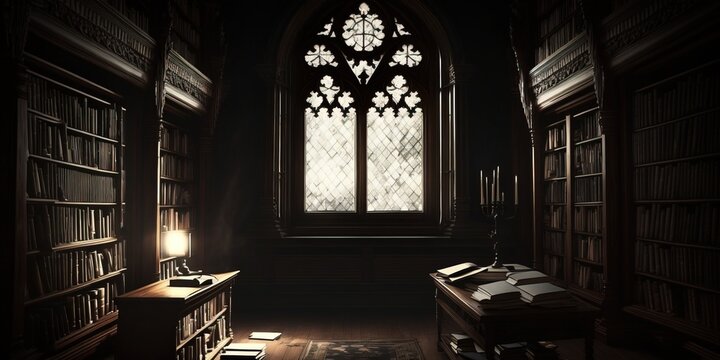
FAQ About Gothic Literature
Gothic Literature
2 years ago | gizem
What is the role of the supernatural in the Southern Gothic subgenre?
The supernatural plays a significant and often complex role in the Southern Gothic subgenre of literature. Southern Gothic authors use elements of the supernatural to create a sense of unease, mystery, and to explore the region's unique cultural and historical characteristics. Here's how the supernatural functions in Southern Gothic:
- Atmospheric Enhancement: The supernatural elements contribute to the eerie and atmospheric quality of Southern Gothic narratives. This atmosphere is often characterized by swamps, decaying plantations, and moonlit bayous where the supernatural can thrive.
- Hauntings and Ghosts: Ghosts and haunted houses are common motifs in Southern Gothic. These apparitions often represent unresolved issues, traumas, or the lingering effects of the past. The South's history of slavery, violence, and racial tensions provides rich material for ghostly tales.
- Folklore and Superstition: Southern Gothic frequently incorporates Southern folklore and superstitions into the narrative. This includes beliefs in witches, curses, voodoo, and other forms of magic, which add layers of supernatural intrigue.
- Dealing with the Past: The supernatural can be a metaphor for the region's troubled history, including slavery, the Civil War, and racial injustices. Characters may confront ghosts or supernatural forces that force them to grapple with the legacy of the past.
- Duality and the Uncanny: Southern Gothic often explores themes of duality and the uncanny. The supernatural elements may blur the line between reality and illusion, the natural and the unnatural, and the good and the evil. This creates a sense of psychological tension and uncertainty.
- Southern Belief Systems: Southern Gothic also delves into the religious and spiritual beliefs of the South, including evangelical Christianity and folk spirituality. The supernatural elements can challenge or coexist with these belief systems.
- Exploration of Sin and Redemption: Characters in Southern Gothic often wrestle with themes of sin, guilt, and the possibility of redemption. The supernatural may be a means of confronting or atoning for past sins.
- Cultural and Historical Identity: The supernatural elements in Southern Gothic can be used to explore the unique cultural and historical identity of the American South. This includes the region's ties to the land, its traditions, and its complicated relationship with the past.
- Social Critique: The supernatural can serve as a vehicle for social critique. For example, it may symbolize the repressed or marginalized aspects of Southern society, such as racial inequality or the mistreatment of certain groups.
- Transformation and Metamorphosis: Characters in Southern Gothic stories may undergo supernatural transformations or metamorphoses. These changes can symbolize personal or societal upheaval and evolution.
- Mystery and the Unexplained: The supernatural is often used to create a sense of mystery and the unexplained. This mystery contributes to the overall sense of intrigue and foreboding in Southern Gothic narratives.
